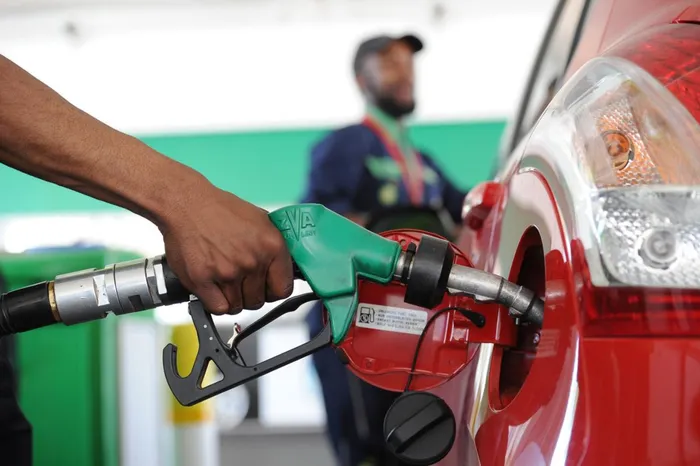Official fuel price for July: Here’s how much you'll pay for petrol and diesel

Fuel prices are going up in July, with diesel customers to be hit particularly hard.
Image: Karen Sandison / Independent Media
South African fuel prices are set to increase from Wednesday, July 2, following a spike in international oil prices during the previous month.
The Minister of Mineral and Petroleum Resources announced on Tuesday that the price of petrol will rise by between 52 cents (95 Unleaded) and 55 cents (93 Unleaded), while diesel will go up by between 82 cents (500ppm) and 84 cents (50ppm). Illuminated paraffin is set to rise by 67 cents.
This follows four consecutive months of price decreases.
Following the increases, a litre of 95 Unleaded will cost R21.08 at the coast and R21.87 inland, with 93 Unleaded costing around R21.79. The wholesale price of 50ppm diesel will rise to R18.65 at the coast and R19.41 inland.
The increases come as a result of higher international oil prices.
The average price of Brent Crude oil rose from $63.95 during the previous review period, to $69.36 in the June review period, the Department said. This as oil prices peaked at $75.40 following attacks on Iran’s nuclear facilities by Israel and the US, before retreating to around $66 in the latter part of the month following the ceasefire.
This oil market volatility was mitigated to a degree by a stronger rand, whose average value to the US dollar rose from R18.11 to R17.90 during the most recent review period. Were it not for gains made by the local currency, motorists would have faced increases in the region of 68 cents for petrol and R1 for diesel.
However, the fuel price situation in South Africa has been aggravated by a rise in fuel taxes, which came into effect at the beginning of June, leading to smaller-than-expected fuel price decreases that month.
The general fuel levy rose by 16 cents per litre for petrol and 15 cents per litre for diesel, raising total fuel taxes in South Africa to R6.37 for petrol.
This raises serious cost-of-living concerns for South Africans who are already overburdened. Continually turning to fuel levies to fill budget gaps is unsustainable, the Automobile Association said, particularly in the absence of full transparency on how these funds are allocated and used.
Get your news on the go, click here to join the IOL News WhatsApp channel.
IOL